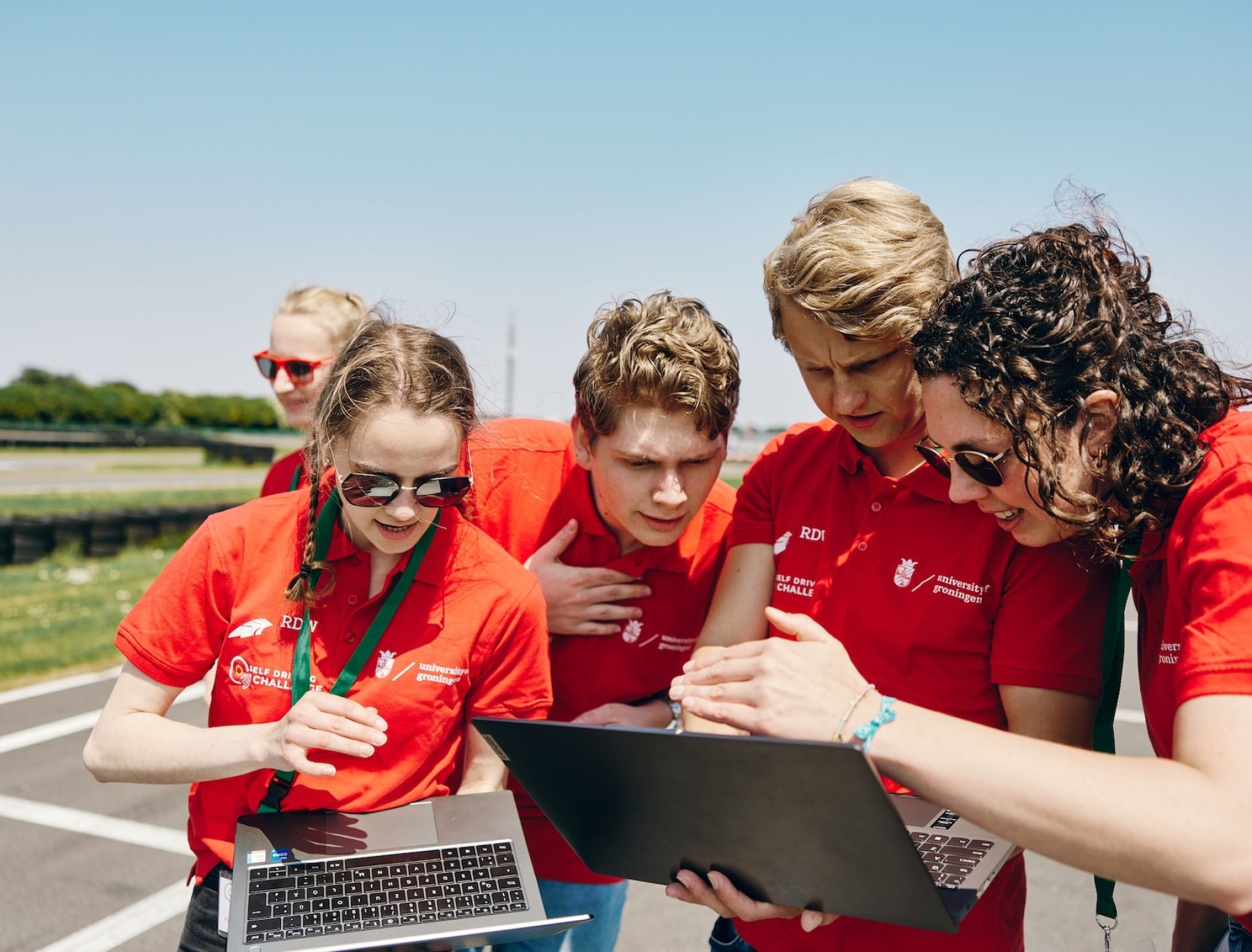
Categories
Open and Closed Category
Teams will be able to participate in either a 'closed category' or an 'open category'. The RDW will provide the kick-off, webinars, technical information, testing-days and the final race event. The educational institutions are responsible for the necessary resources, supervision and guidance for their participating teams.
Open Category

In the open category, teams will have a great amount of freedom and responsibility. Teams will build and bring their own vehicle, giving them full access to any hardware that falls within the specifications. This includes customizing and extending the sensors and computing hardware beyond the abilities of the closed category, but requires working within safety constraints.
Vehicle safety constraints are similar to the European “L7e” vehicle category requirements, constraining dimensions and power. Furthermore, vehicles will be required to operate electric-battery-powered (BEV) and will need adequate and failsafe systems for stopping the vehicle remotely. A draft of the regulations can be found below, the final specifications will be published later.
Closed Category
The closed category is the classical and most accessible way to join the challenge. Student teams use RDW-provided go-karts on testing days to evaluate their models. Using a take-home kit consisting of example sensors and a hot-swappable mini-computer, teams can compete with each other on an equal and easy-to-use platform.
The karts are equipped with three front-mounted RGB-camera’s and a front-mounted planar 360-degree LiDAR. Taking into account the limited computing power of an Intel NUC, the students need to process incoming sensor data and send control values to the kart's electric motor, steering wheel and brake system. At most six teams can join the closed category in 2025.


The RDW facilitates:
- Will provide the vehicle and hardware platform in the 'closed category'. This includes a mini-computer, camera and LiDAR which can be taken 'home' by teams during the project.
- Will provide the opportunity to test on track in Lelystad.
- Will provide the online information and other resources about the challenge and self driving.
- Will host the kick-off, testing days and final race event.
- Will set out regulations for participating in the final race.
- Decides who participates in and who wins the challenge.
